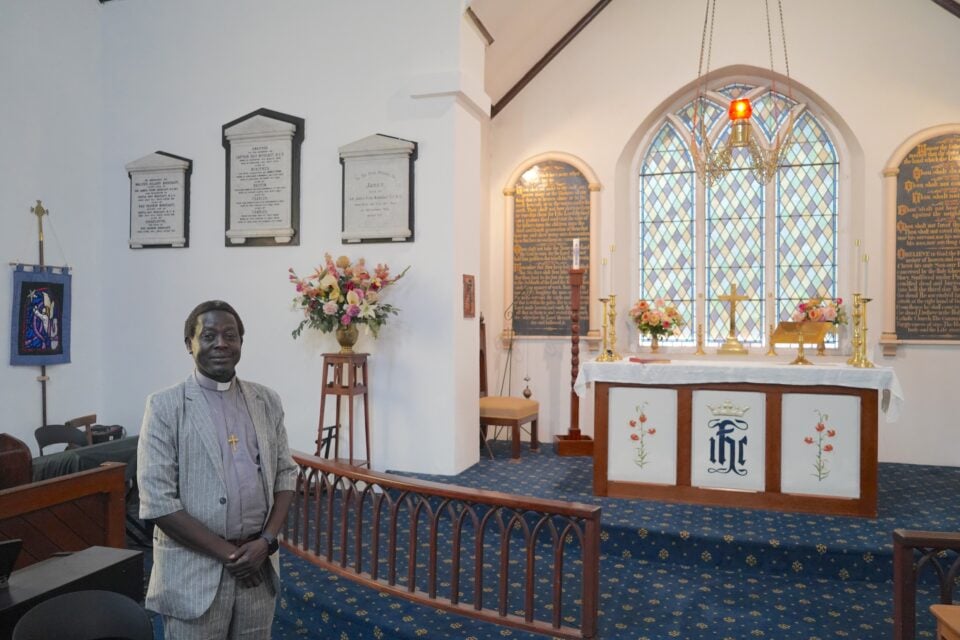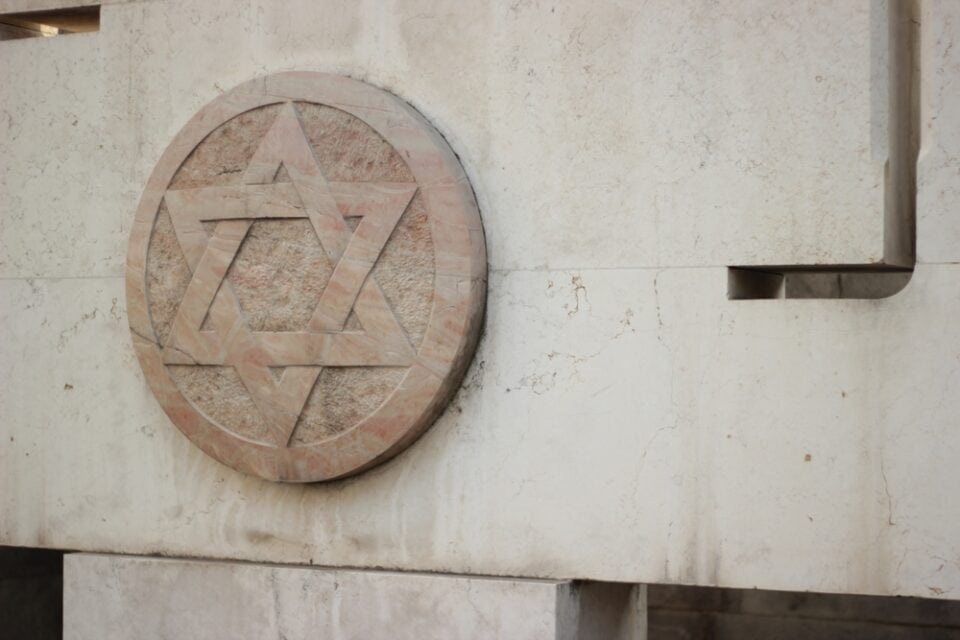By the Right Reverend Chris McLeod, the National Aboriginal Bishop of the Anglican Church of Australia
Is there ‘Hope after No’ for First Nations?
Before we look at what ‘Hope after No’ might look like, let’s look at what ‘Hope before No’ looked like. The start of the campaign for Constitutional Recognition and a Voice to Federal Parliament began to take shape with the ‘Uluru Statement from the Heart’. The ‘Statement from the Heart’ was released in 2017. It was an optimistic statement with the key element being a call for ‘A Voice’ – a constitutionally enshrined representative mechanism to provide expert advice to Parliament about laws and policies that affect Aboriginal and Torres Strait Islander peoples.
The ‘Yes’ campaign argued that a constitutionally enshrined voice would help bring positive outcomes for First Nations and assist in closing the gap between First Nations and other Australians. The conservative ‘No’ campaign argued that the ‘Voice’ would be divisive; there would be legal challenges; and there were not enough details to the proposal and much of what was being suggested was untested and unknown. The progressive ‘No’ campaign argued that the ‘Voice’ did not go far enough as the ‘Voice’ would only be advisory. The process needed to begin with ‘treaty’ first, which could bring about real changes in the lives of First Nations.
We all know the result of the Referendum. There was a resounding ‘No’ from the Australia public. 60.6% of the voting population voted no with 39.94% voting yes. Interestingly, however, in First Nations’ remote communities 72% of the population voted yes.
The bulk of First Nations voted in favour. Given the outcome, however, we are still left with the question of what we do next. How do we respond to the no vote and is there any ‘Hope after No’?
After the failure of the referendum on ‘The Voice’ many of us were left with uncertainty. Uncertainty about why the referendum failed. Uncertainty about why some of our brothers and sisters in the church voted no. Why the conservative ‘No’ campaign stooped to low blows and dragged-out racist tropes, fear mongering, and outright lies. What seemed relatively simple to many of us – a direct non-partisan ‘Voice’ to Federal Parliament about the things that matter most to First Nations – ended up taking the movement towards Reconciliation back decades. It was a surreal moment for me having lived through the 1980’s and 1990’s and witnessing the debates around ‘Land Rights’. Who could forget the full-page advertisements in popular newspapers warning Australians that First Nations were coming to take our back yards. We still have backyards!
Some First Nations have given up any hope of substantive change for our people. Marcia Langton has said that reconciliation is not possible now in Australia. Bruce Pascoe is slightly more optimistic: ‘however, you cannot legislate for decency and tolerance, you have to teach it…’ (Pascoe). Others have argued that First Nations should just focus on living within our own culture and give up any possible positive association with other Australians – hope is just another lie.
However, as a Christian leader do I add to the polarisation that seems to be taking over our world? I observe that for many Christians getting the politics right is more important than getting the Christian living right. I think it is time to catch our breath and consider how we move forward from this. ‘Love one another with mutual affection and outdo one another in showing honour’ (Romans 12: 10) is not obvious in our world today and tragically many Christians are not modelling this. Some certainly voted ‘no’ out of fear, but others thought there was a better option for First Nations’ justice. To the first, I would say that ‘love casts out fear’ (1 John 4: 18). First Nations peoples are not trying to take our backyards, punish Australia, make people feel guilty, let alone cause division. ‘The Voice’ was a gracious act seeking to find a solution to the many issues that face First Nations’ peoples. To the second, I would say now is the time to come up with that alternative plan.
It seems that we need to find another way and that is why we still need our non-First Nations brothers and sisters to listen to us, to hear what we are saying, and to walk with us. It could well be that God had another plan in mind. Listening to the Holy Spirit is part of the discernment process. However, the conversation needs to be based on mutual affection, not anger, fear, or retribution, but open and honest; what we call ‘Truth Telling’. Starting the process again will lead us to another point. This last conversation ended with the referendum. Lessons are being learnt from it. I hope we can open the door to another series of conversations about how we can right the wrongs of the past and give First Nations a hope and a future.
In the light of this, I was taken by something written by the Australia musician, Nick Cave, that encapsulates what I am trying to say about hope. ‘Hope is optimism with a broken heart. This means that hope has an earned understanding of the sorrowful or corrupted nature of things, yet it rises to attend to the world even still. We understand that our demoralisation becomes the most serious impediment to bettering the world. In its active form, hope is a supreme gesture of love, a radical and audacious duty, whereas despair is a stagnant rejection of life itself. Hope becomes the energy of change’. (Cave -The Red Hand Files Issue #308, January 2025)
I am also reminded of the words from the Epistle of James 2: 14 -17: What good is it, my brothers and sisters, if you say you have faith but do not have works? Can faith save you? 15 If a brother or sister is naked and lacks daily food, 16 and one of you says to them, “Go in peace; keep warm and eat your fill,” and yet you do not supply their bodily needs, what is the good of that? 17 So faith by itself, if it has no works, is dead.
Is there ‘Hope after No’? My answer is a qualified yes. The yes needs to be accompanied by action. Words by themselves are not enough. It must be ‘Hope in Action’, tangible, seen, and productive. The gap between First Nations and other Australians is ever widening. I had said during the conversations on ‘The Voice’ that Christians can lead the way in showing a Christian ethic to the process. In this I feel we failed. However, this is part of the learning process. There is a chance now to correct this and to move forward, putting hope into action.






